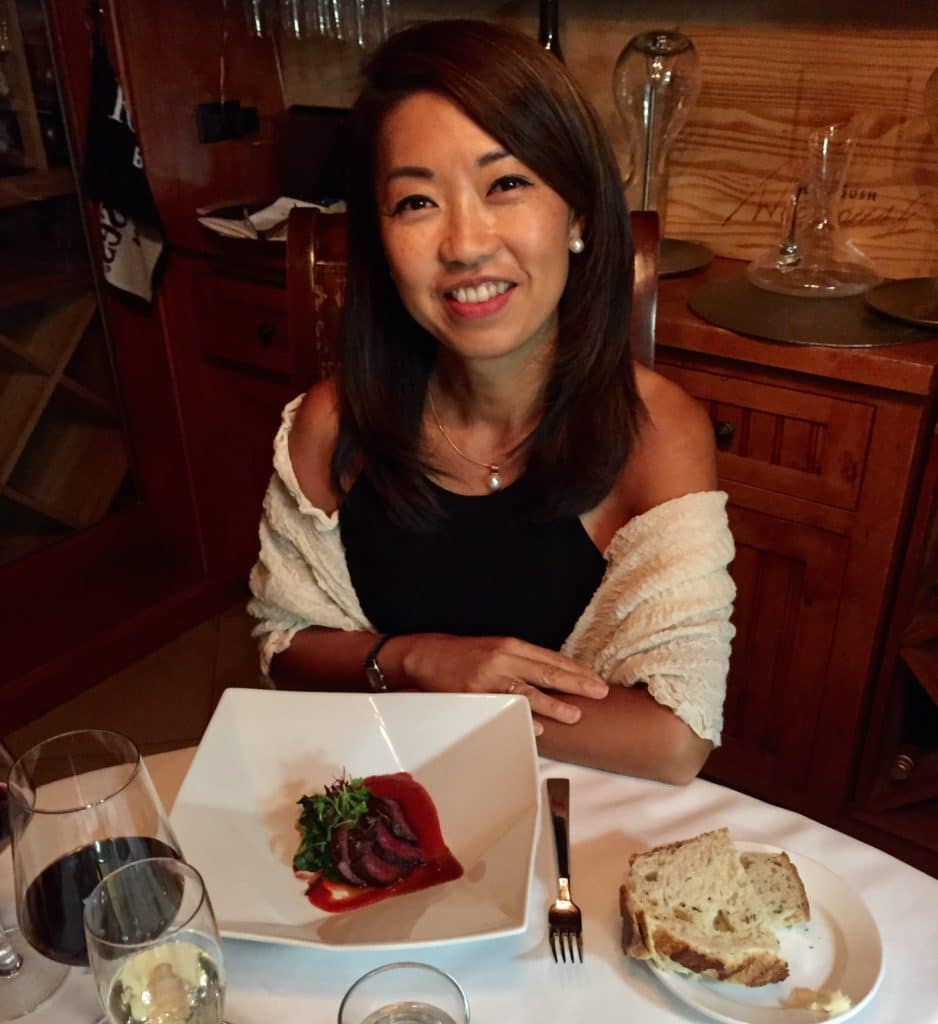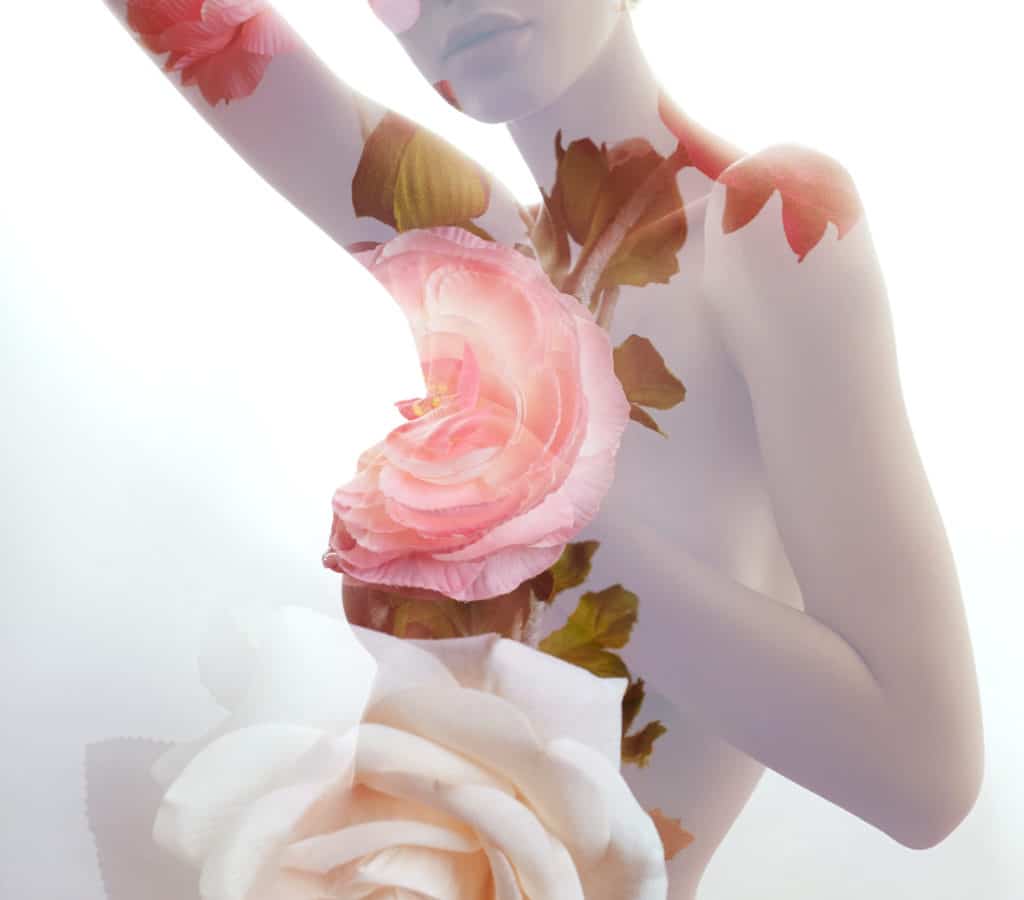For most women, our breasts are a huge part of our identity. Before we hit puberty, the day we develop breasts is one of the major milestones we look to for confirmation that we have in fact, become a woman.
As we get older, most of us never give our breasts much thought beyond seeing them as just another part of our bodies. But given that they make us feel sexy, please our partners, and feed our babies, they’re a much bigger part of our feminine identity than we realize. Until we lose them.
When I found out I was a BRCA gene mutation carrier, I only considered a hysterectomy/oophorectomy initially because I knew ovarian cancer was much harder to detect. Prior to testing positive, I didn’t know a preventative mastectomy was even an option until Angelina Jolie shared her story.

To be honest, until I met my nurse practitioner and learned about the reconstructive options available to me, the idea of having preventative surgery to remove my breasts seemed absurd. But the reality was, the BRCA gene mutation meant I had an 87% lifetime risk of developing breast cancer.
That was a sobering statistic to come to terms with. I think I went into survival mode and just mentally prepared myself for surgery. At that point, it was a no brainer.
As women, we can all relate to struggling with body image at some point in our lives. After all, experiencing some level of discontent with your body is almost a rite of passage. But coming to terms with the changes in your body after a mastectomy can elevate that struggle to a whole new level for many cancer survivors and previvors.
 I was lucky in some ways. Since I didn’t have cancer, I was a candidate for a nipple-sparing mastectomy with reconstruction. I had a fantastic breast surgeon and plastic surgeon and was confident in the probability of a favorable outcome. And surprisingly, I wasn’t emotional about losing my breasts. For me, there was no room for vanity.
I was lucky in some ways. Since I didn’t have cancer, I was a candidate for a nipple-sparing mastectomy with reconstruction. I had a fantastic breast surgeon and plastic surgeon and was confident in the probability of a favorable outcome. And surprisingly, I wasn’t emotional about losing my breasts. For me, there was no room for vanity.
But for many women, the loss is difficult to process. The physical changes you (and everyone else) can see are one thing; your body looks different, your clothes don’t fit, people don’t relate to you in the same way. It can be tough.
But the emotional challenges in the aftermath of a mastectomy are the part most women find it difficult to come to terms with. And it’s the part of the journey most us don’t talk about.
Losing your breasts is a traumatic experience, plain and simple. Although you may seem the same to most people, you don’t feel at all the same. Those closest to you will expect that once the hard part is over (the chemo and the surgeries) things will go back to “normal.” But the truth is, throughout this experience, you become a different person and you have to find a new normal.
For a long time, your new “normal” is being afraid to look in the mirror after surgery; it’s trying to avoid touching the scars on your chest. It’s feeling self-conscious about being intimate with your partner.

But as they say, time heals all wounds…even the ones that aren’t so obvious from the outside. “Normal” changes yet again and you realize it’s possible to feel even more confident post mastectomy than you did before. For one thing, you get to live (mostly) free of the worry of cancer taking you down again. For another, being a survivor/previvor teaches you that your breasts don’t define you. They never did.
It’s your ability to overcome one of the most difficult things you’ll ever have to face and the way you choose to move forward in the aftermath of the devastation of cancer or a BRCA diagnosis that makes you a “real” woman.

Cancer and the threat of cancer is so fraught with losses and changes and trauma. Thank you for your vulnerability and courage in sharing your story. Love and light to you!!
Thank you, Abigail❤️